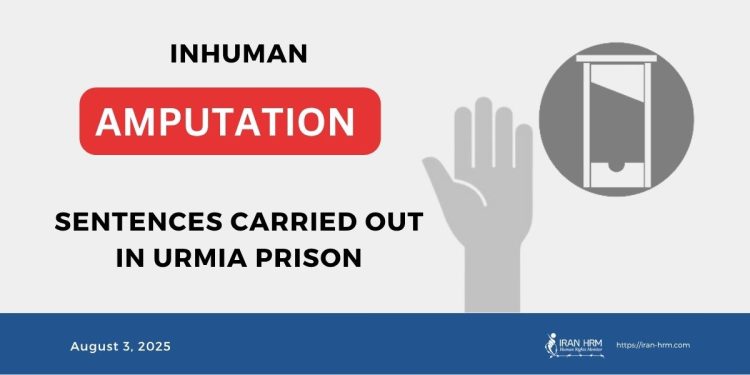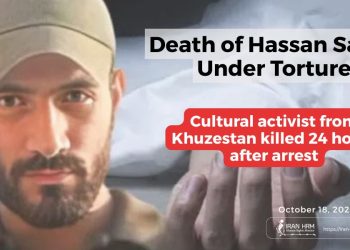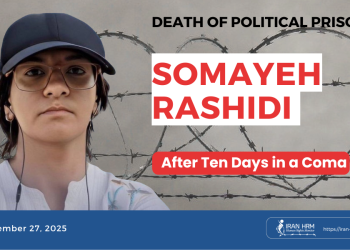In a shocking and deeply disturbing act that violates fundamental principles of human rights, the sentence of amputating four fingers from the right hand of three prisoners was carried out at Urmia Central Prison. These amputation, an inhumane punishment, were executed on the night of Wednesday, July 30, 2025, in the presence of prison officials and judicial authorities, once again drawing global attention to the brutal and indefensible practices of the Islamic Republic of Iran’s judiciary system.
The three prisoners—Hadi Rostami, Mehdi Sharifian, and Mehdi Shahivand—were taken from their ward just before midnight, handcuffed, shackled, and blindfolded, then transferred to the execution site. After being injected with a local anesthetic, their fingers were severed using a mechanical guillotine, making them victims of one of the harshest corporal punishments still in use in the modern world.
These sentences had previously been issued on November 19, 2019, based on charges of “theft” under Islamic hudud laws, and were upheld by Branch 13 of the Supreme Court in May 2020. Despite widespread international condemnation—including from Amnesty International, which has called such punishments “cruel, irreversible, and incompatible with the principles of human dignity”—the Iranian authorities continue to insist on their implementation.
Justice or Repression?
Contrary to the regime’s claim of administering justice, the reality is that many convicted of theft are in fact victims of extreme poverty, unemployment, and the government’s destructive economic policies. Hadi Rostami, one of the prisoners, had previously stated in a letter from prison that he was forced to sign false confessions under torture and was unable to obtain the plaintiffs’ satisfaction due to dire financial hardship.
In his letter, he wrote: “How can I obtain forgiveness from people I never harmed? Forgiveness that costs billions of tomans, while my family and I live below the poverty line. And now they want to amputate my fingers for something I didn’t do.”
Rule of Law or Rule of Terror?
While these brutal punishments are inflicted on ordinary citizens, high-ranking officials and those close to the regime remain untouched despite being involved in large-scale embezzlement and corruption. As everyday people struggle to survive and are sometimes driven to petty theft out of desperation, the true “grand thieves” continue to operate with impunity, often retaining positions of power.
A Repeated Tragedy: The Cycle of Systematic Violence
This is not the first time such punishments have been carried out at Urmia Prison. In November 2024, amputations were executed against two other prisoners—Mehrdad and Shahab Teimouri—who were later transferred to a hospital. Reports indicate that those punishments were carried out under direct pressure from Urmia’s Prosecutor Hossein Majidi and Prison Director Khanzadi.
This pattern of repeated, systematic violence—backed by judicial and prison authorities—demonstrates the regime’s complete disregard for human rights norms and its international obligations.







